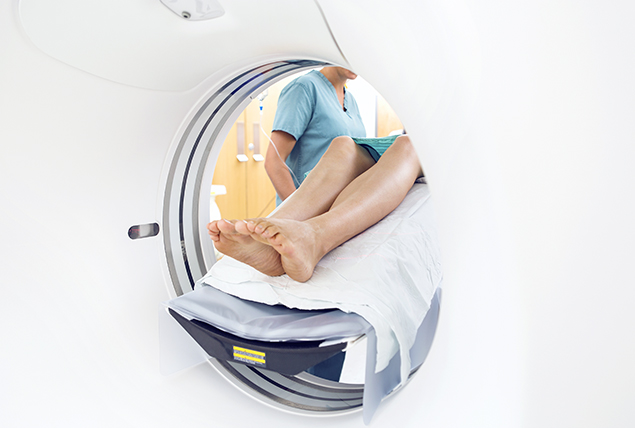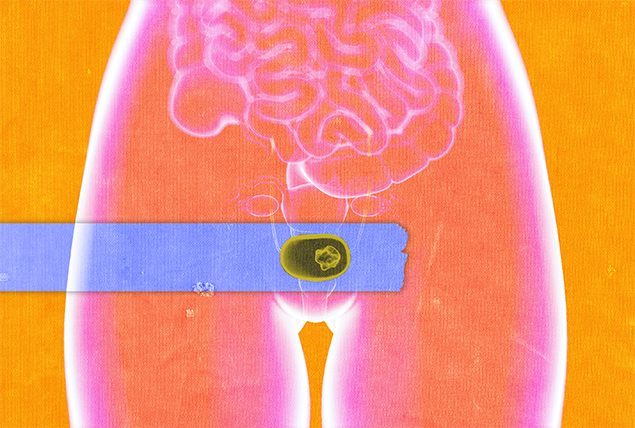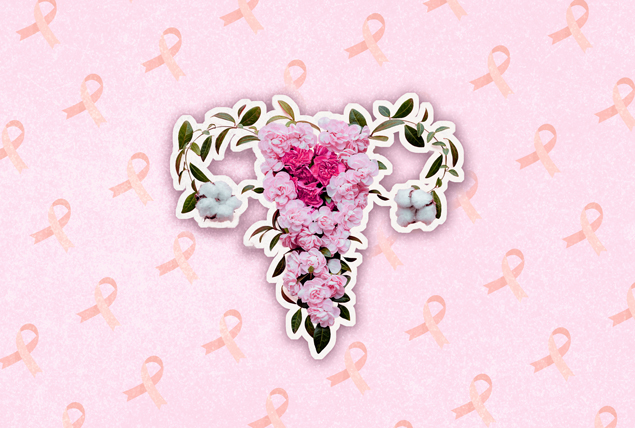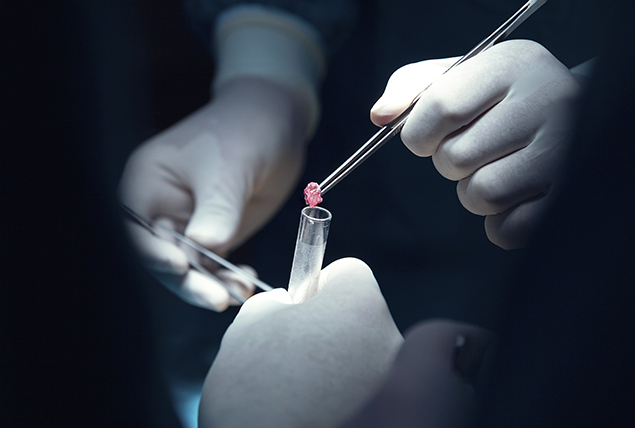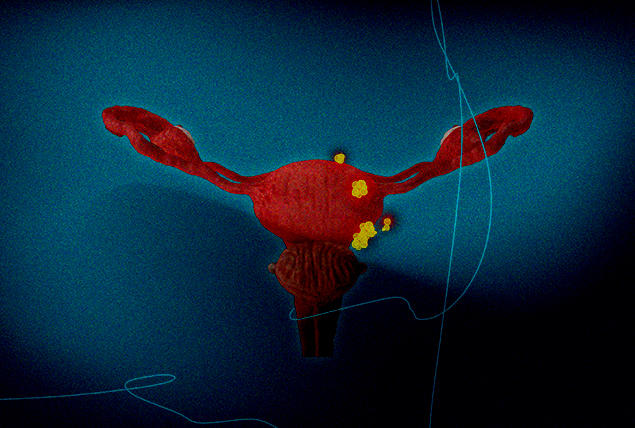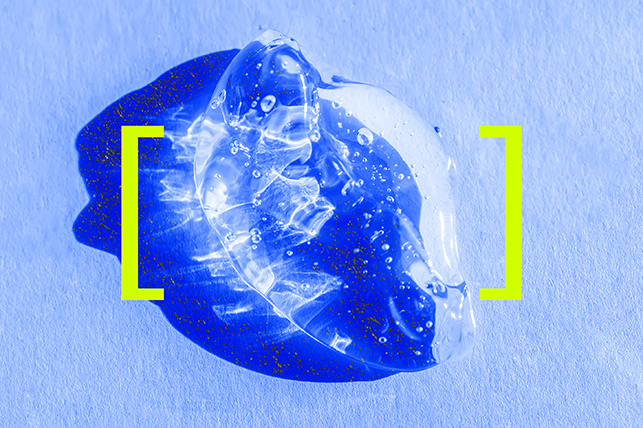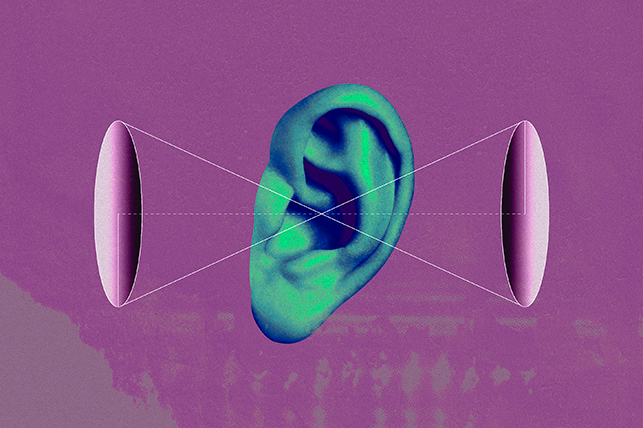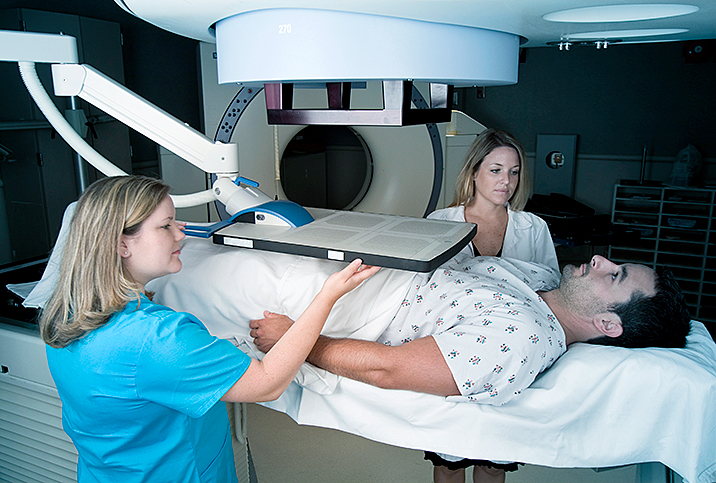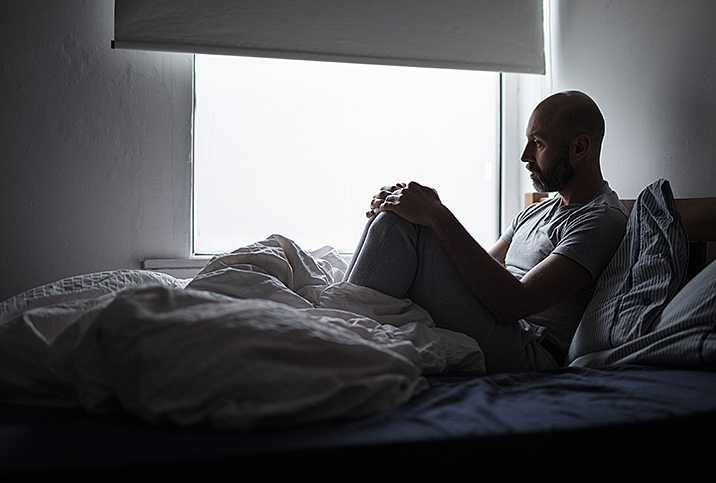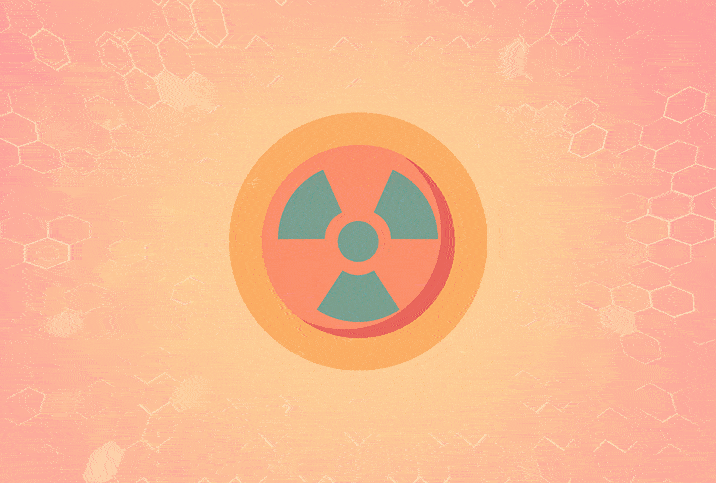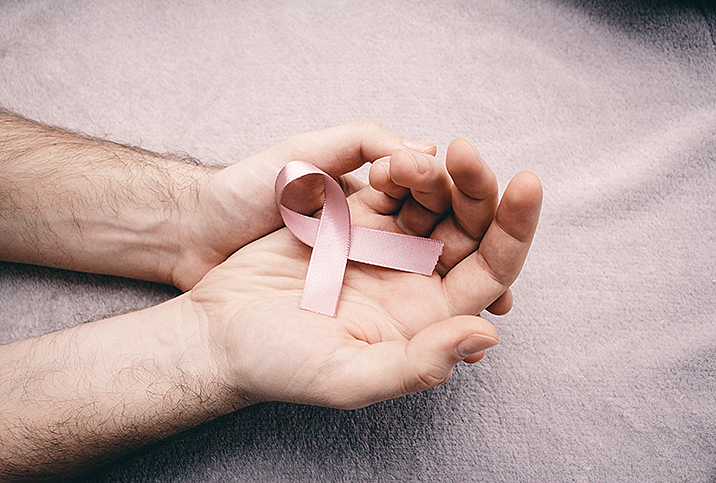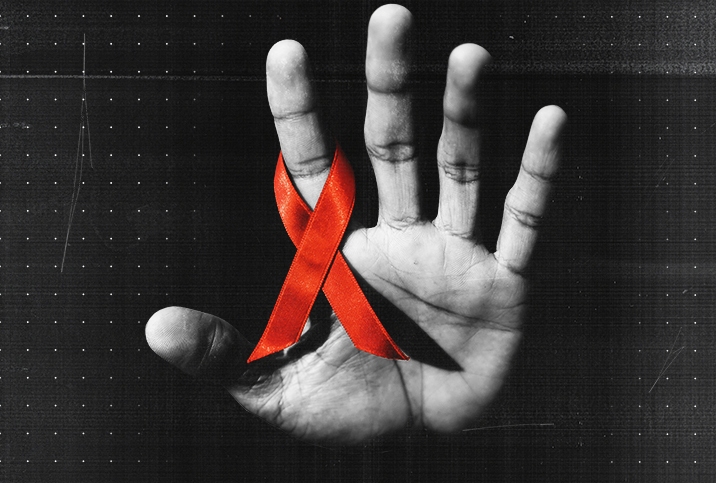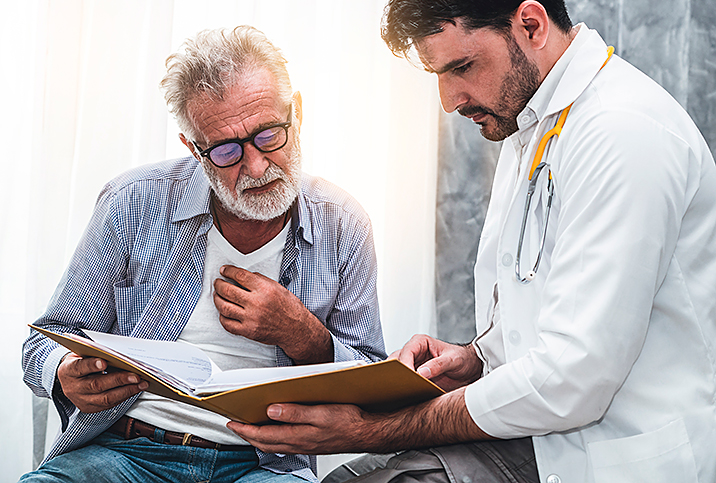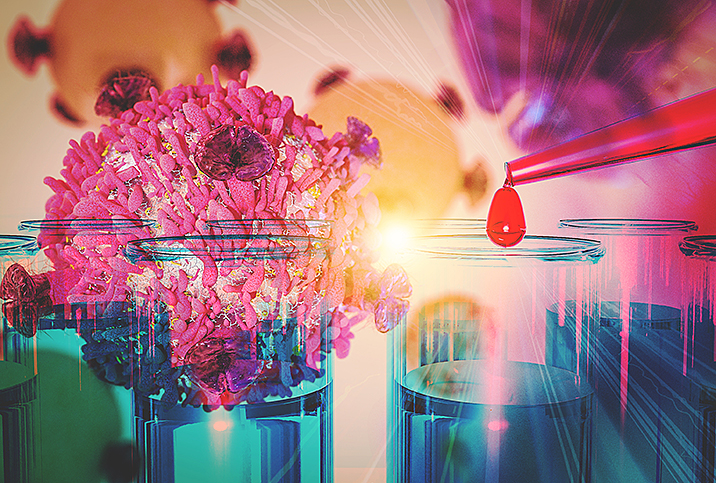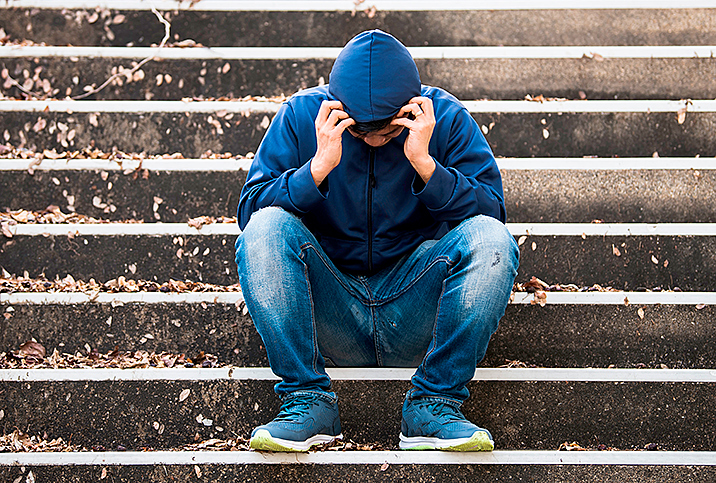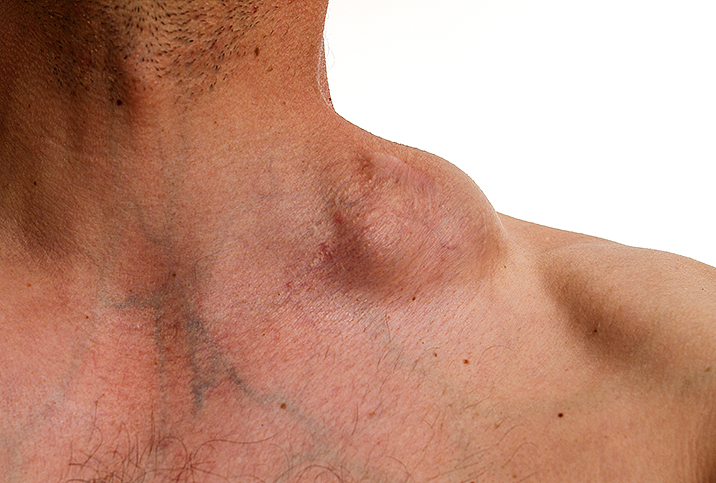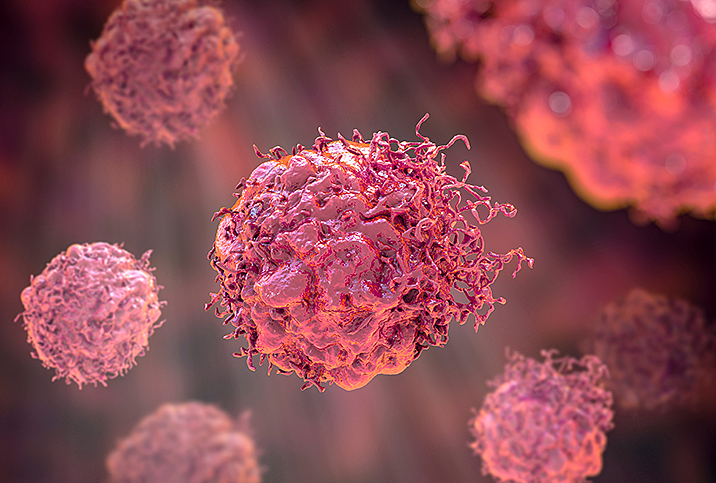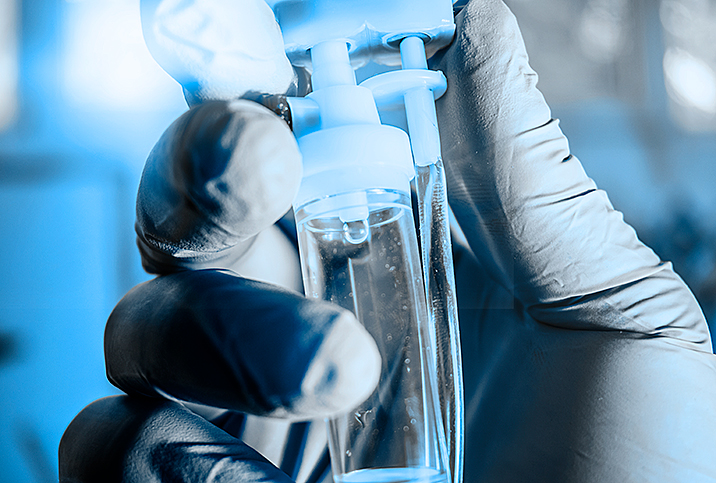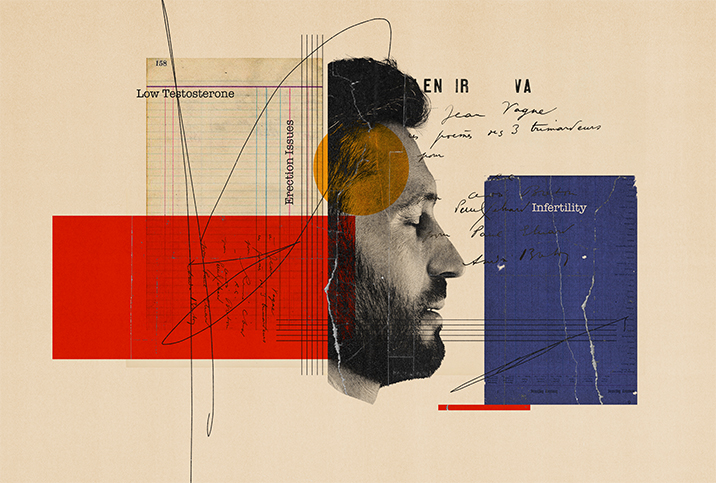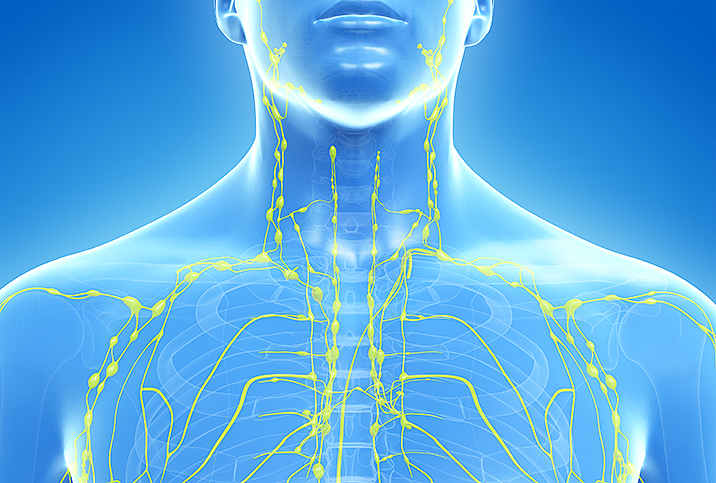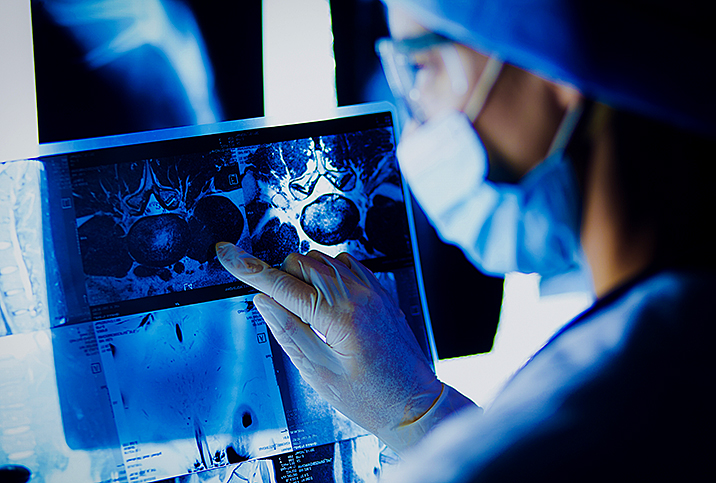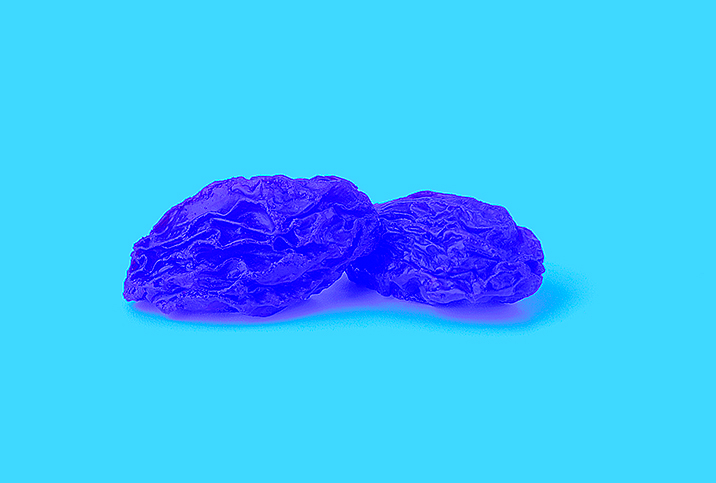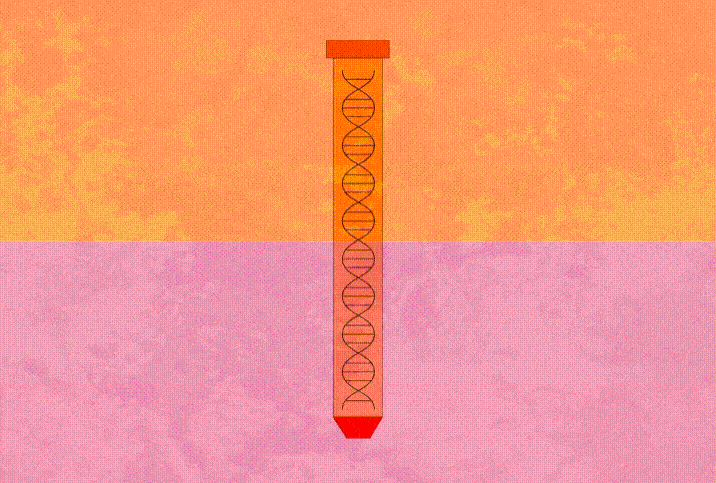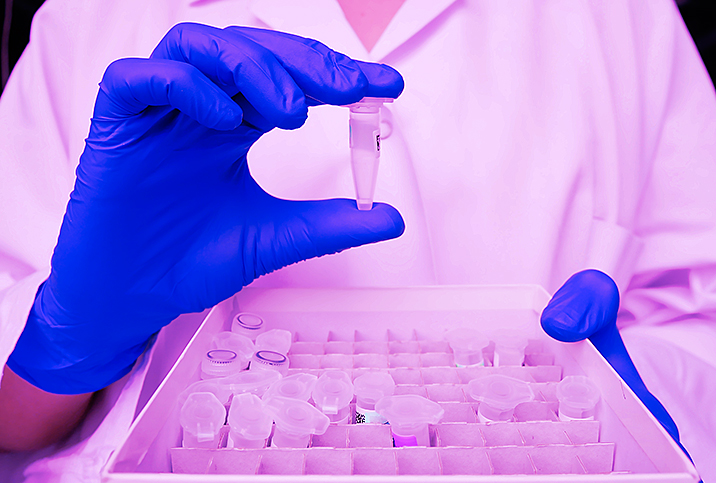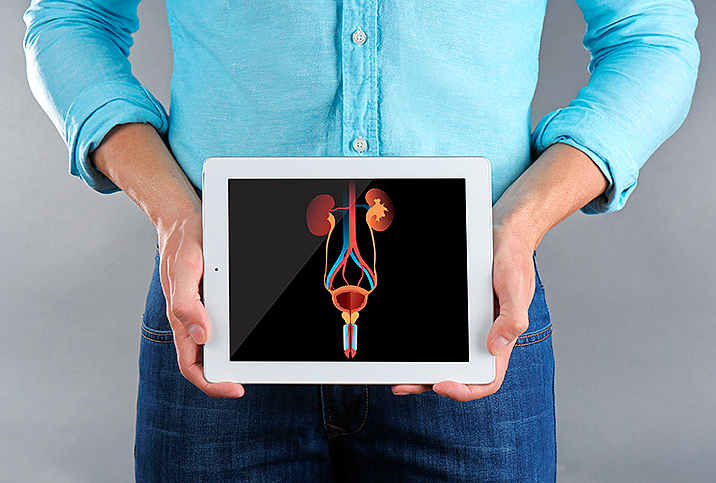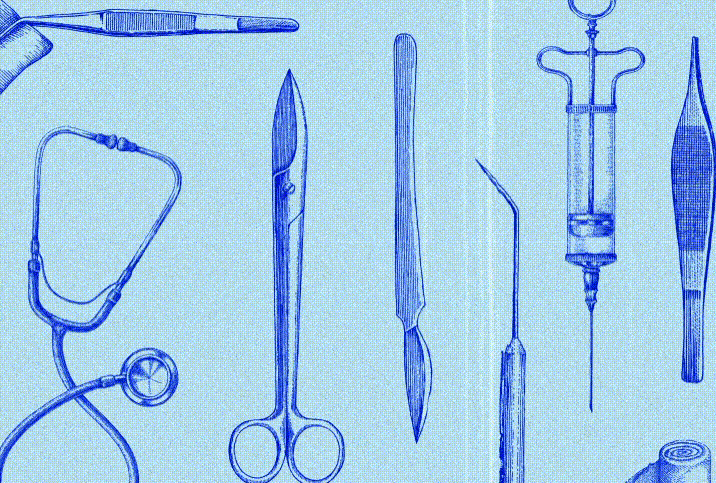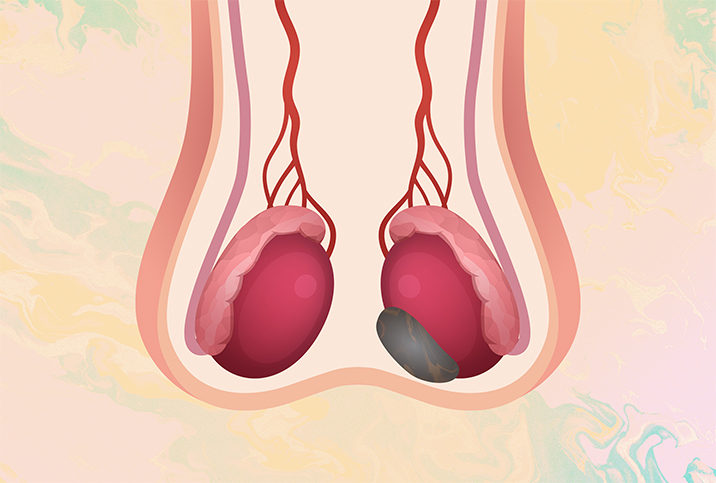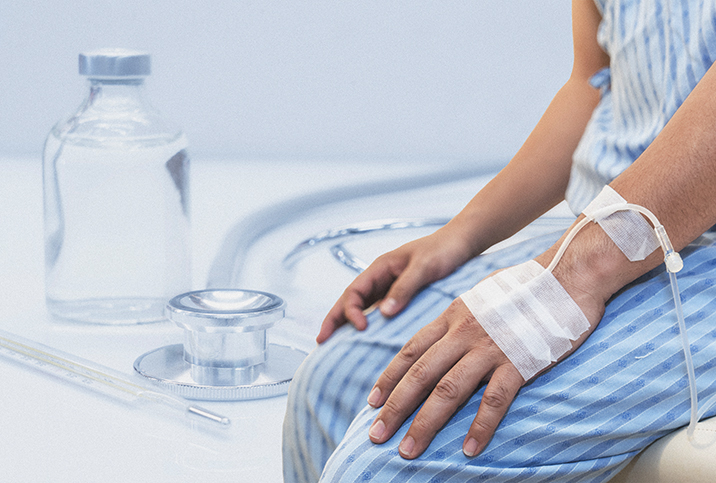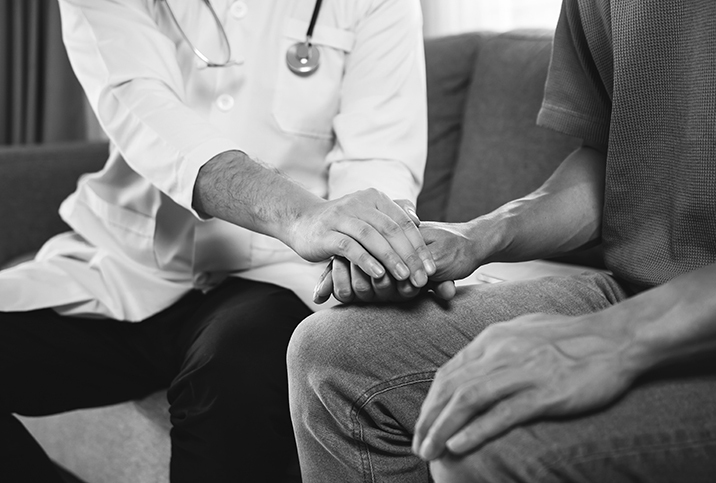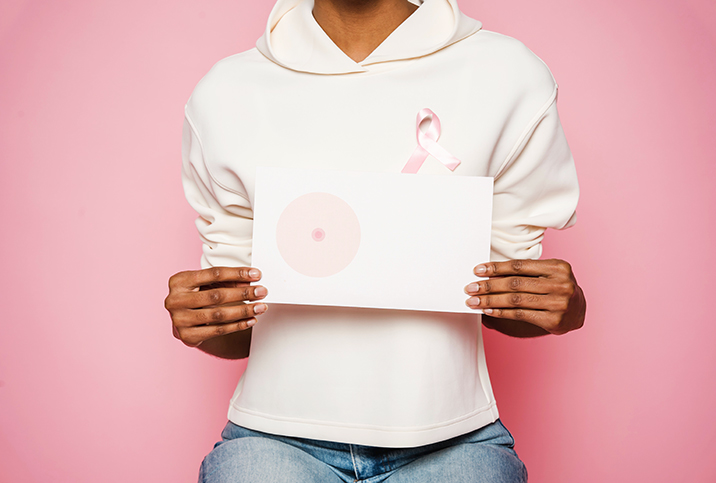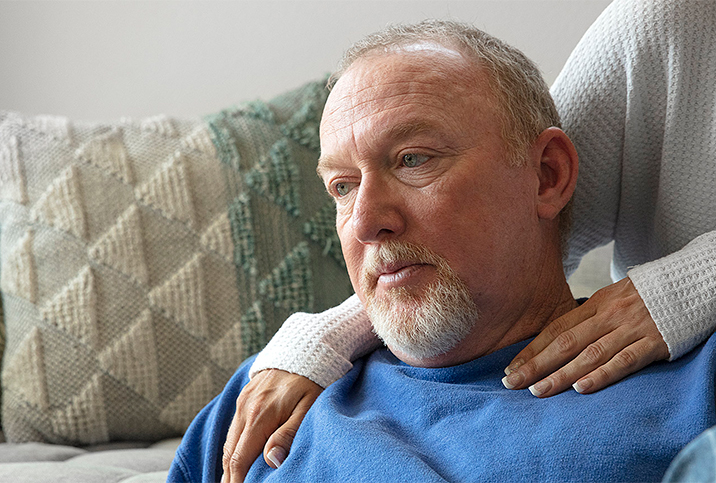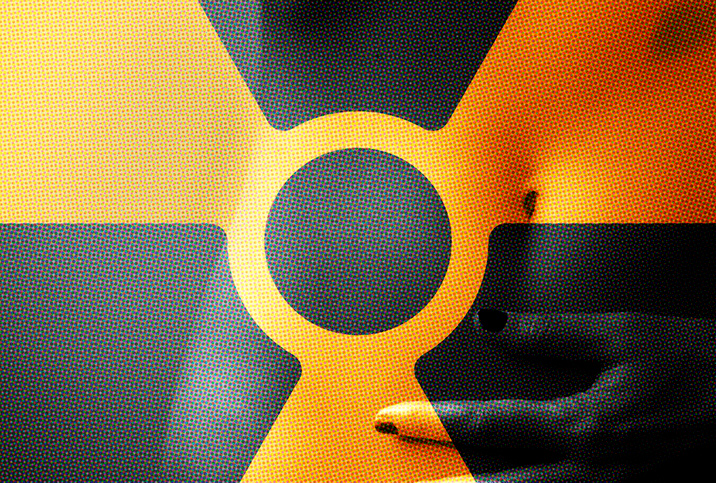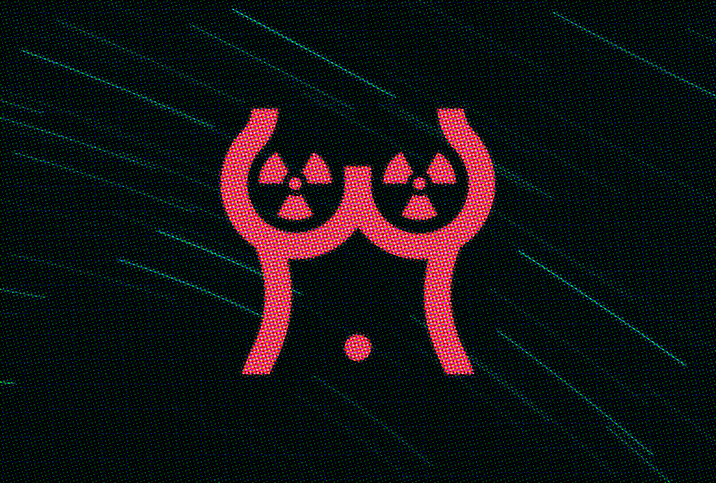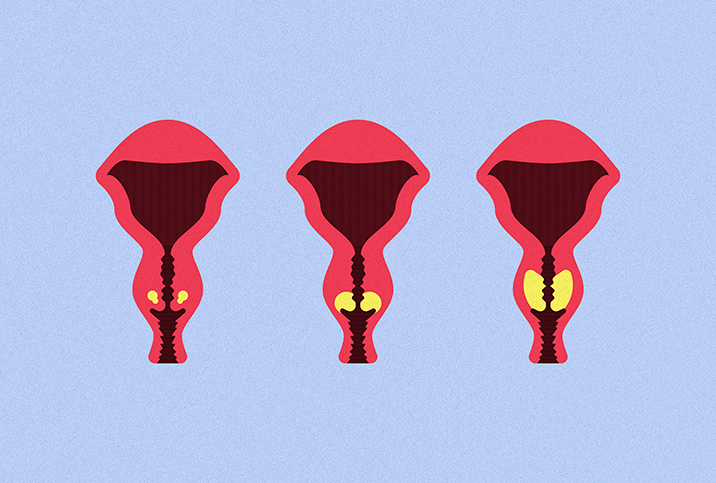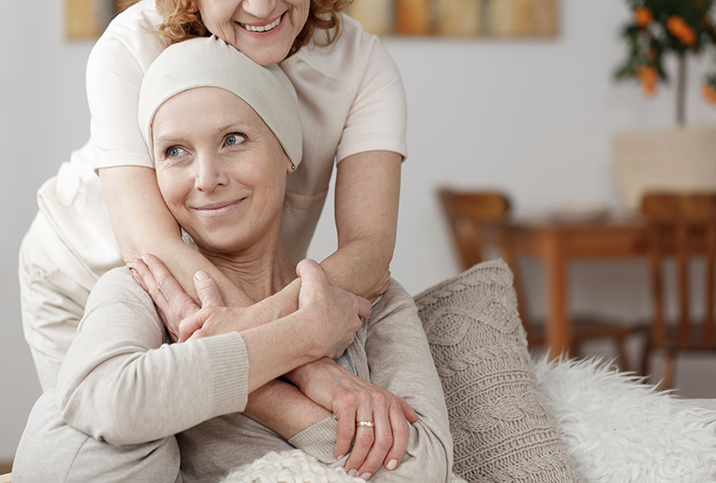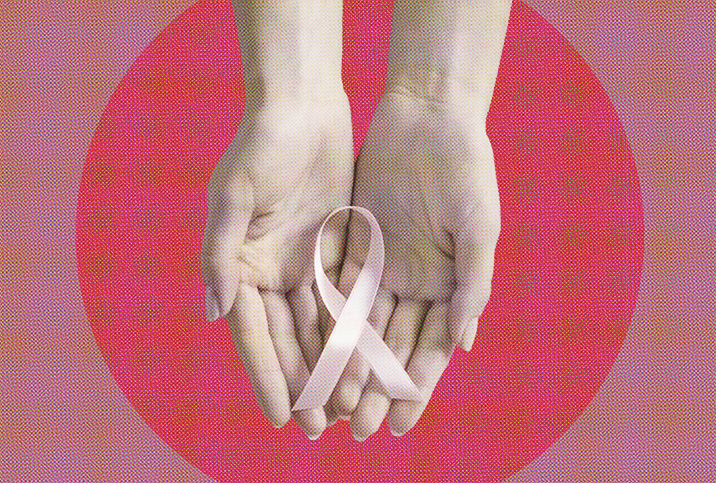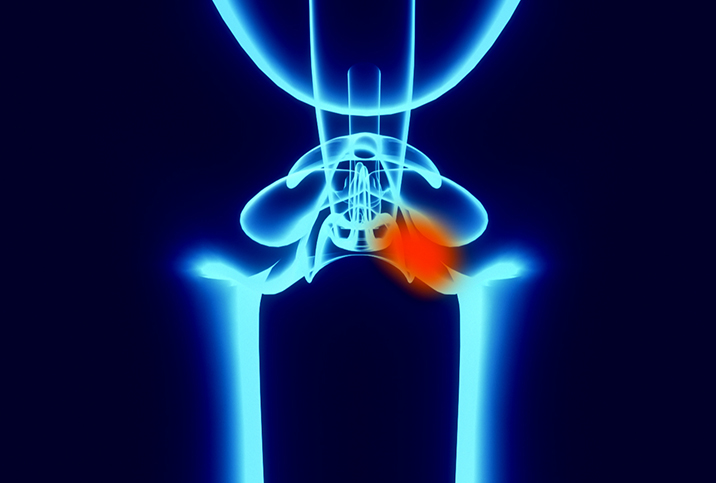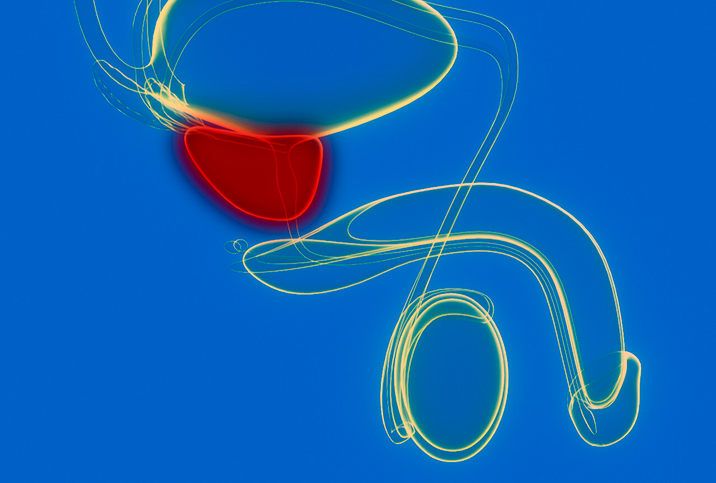It's an effective cancer treatment option, but there can be serious risks and side effects.
By Reniel Anca
It's an effective cancer treatment option, but there can be serious risks and side effects.
By Reniel Anca
It's an effective cancer treatment option, but there can be serious risks and side effects.
By Reniel Anca
Finishing treatments can feel great, but resuming life after bladder cancer can be challenging.
Here’s what you need to know about treating endometrial cancer, plus how to reduce your risk of
Doctors have three options—you'll receive one or a mix, depending on the stage.
This common cancer treatment can be administered in different ways and yield different outcomes.
What are your options and how can you take care of yourself during this condition?
Injecting a gel cushion before prostate cancer therapy minimizes side effects to the rectum.
By David Hopper
Injecting a gel cushion before prostate cancer therapy minimizes side effects to the rectum.
By David Hopper
Auditory impairment is a side effect that many cancer patients may not know about.
Surgery, chemo and radiation damage tissue and blood vessels, but ED workarounds are available.
Understanding radiation therapy versus prostatectomy is the first step toward the best decision.
Most men experience some erectile difficulty during the first year; others face a longer road.
If post-treatment fertility is an issue, take measures to preserve your chances to be a father.
By Helen Massy
Survivors and alliances are raising awareness, so man up and learn about the disease.
Two men have previously been cured, but this latest case required a new approach.
By Giddy Staff
The position started as a response to health inequities and continues to be important today.
By Rae Nudson
Inflammation of the rectal lining—proctitis—sometimes occurs in prostate cancer patients.
From the risk factors to the 4 primary forms, here's what you should know about blood cancer.
By David Hopper
Surviving the disease isn't always the end of the psychological battle.
NHL starts in white blood cells and is the seventh most common cancer among American adults.
By David Hopper
Early detection—no surprise—and a multispecialty effort may help you avoid a penectomy.
The three big weapons attack more than just cancer. Know how they might impact your body.
Reactions to radiation, chemotherapy or surgery vary, so educate yourself about what's coming.
By David Hopper
Brachytherapy uses radioactive pellets implanted in the tumor to treat prostate cancer.
Lymphedema of the penis and scrotum is rare, but serious cases may require surgery.
Stage IV takes the lives of thousands of women, and we don't talk about it enough.
By Holly Ellis
Patient participation, data sharing and advocacy drive research and treatment advances.
By Mike Werling
The results might be less drastic than you think, but consider banking some sperm.
Future prostate cancer screenings—all cancer screenings, really—will be more accurate.
For some men, genetics can help guide treatment options—and predict risk for family members.
High-intensity focused ultrasound is a noninvasive, radiation-free option for low-grade cases.
Yes, getting rid of the disease is primary, but keep an eye toward life after treatment.
Touted by radiologists, PAE for benign prostatic hyperplasia is under clinical trial in the U.S.
Patients will hear a lot of diagnostic lingo before and during treatment. Here's what it means.
‘Paging Dr. Bot’ may be futuristic, but artificial intelligence offers promising developments.
By Emily Blaire
Learn how to protect your ability to have children before, during and after treatment.
By Sarah Morris
Understand the ways doctors stage and rate prostate cancer, and how they talk about it.
By David Hopper
The disease has a promising recovery rate, especially if you take an active role in treatment.
Testicular cancer is traumatic, but understanding the side effects of treatment is vital, too.
Learn about the fertility options available to you after cervical cancer treatment.
Chronic pain, obesity and even medical treatments may make you change your approach to sex.
Surgery. Chemo. Radiation. They're all options. Here's what they might mean to your life.
From reconstructive surgery to natural remedies, there are a range of ways to mask your scars.
By Ahavah Revis
You have choices for breast cancer treatment. Here's what to expect from different procedures.
A plant-based diet may aid recovery, while processed foods are best avoided.
Curing the disease can cause infertility, but it’s possible to minimize that risk.
Testicular cancer can be beaten. Find out how, and what to expect from treatment and recovery.
By Giddy Staff
The list of possible dangers is long, but avoiding risky items may enable you to bear a child.
By Eric Schad
Self-care is a good remedy for the negative side effects of radiation therapy.
Cervical cancer is aggressive, but survival rates have improved thanks to regular Pap smears.
By Holly Ellis
Factors that can lead to premature menopause are many, but the cause is often unknown.
By Emily Blaire
A little preparation can reduce suffering from the side effects of cervical cancer treatment.
Use our guide of do's and don'ts to get the care you need while caring for someone else.
An early-stage testicular cancer diagnosis could mean cutting radioactive scans down by half.
Lowered sex drive is among the most common—but least discussed—symptoms of treatment.
Knowing how to optimize your fertility could help you and a partner conceive.
By Erin Coleman
Each type of disease has its own symptoms and risks.
By Thea Engst
Vulvar cancer is not common, but you need to identify symptoms early for good outcomes.
By Anna Herod
Prostate cancer can be treated with either traditional or alternative options.
By Giddy Staff






